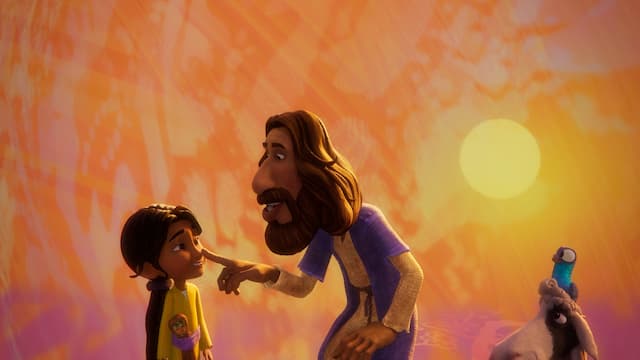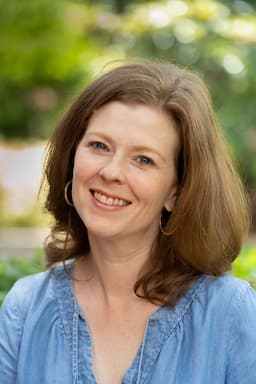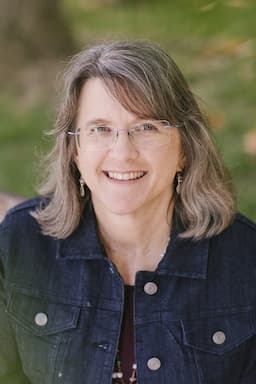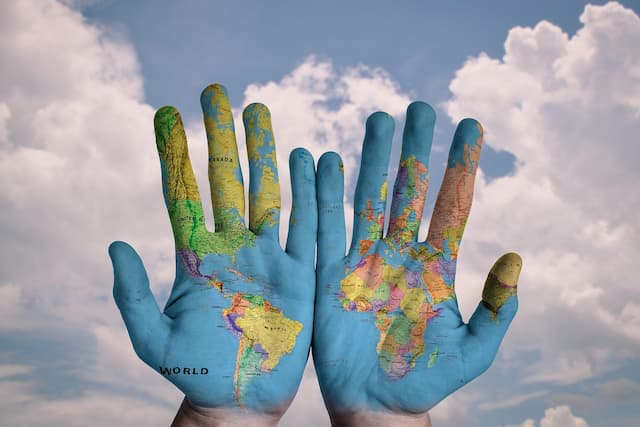Forgiveness in the Face of Injustice
Looks like we have something to talk about besides COVID-19. Unfortunately, none of it’s good. In the past week, we’ve been overwhelmed with two issues:
- Injustice
- Violence
 While some of the media has treated these as two separate issues, they are “two sides of the same coin.” Using the recent murder of George Floyd as an example, violence was done to him that was also an act of injustice. Peaceful protests and calls for justice rightly followed, but others soon joined in with acts of violence. Violence and injustice were done against George Floyd, but another act of violence will never correct an injustice.
While some of the media has treated these as two separate issues, they are “two sides of the same coin.” Using the recent murder of George Floyd as an example, violence was done to him that was also an act of injustice. Peaceful protests and calls for justice rightly followed, but others soon joined in with acts of violence. Violence and injustice were done against George Floyd, but another act of violence will never correct an injustice.
Franz Fanon would disagree. Fanon, an Algerian psychiatrist, was only 36 when he died from leukemia, but it was during treatments that he dictated his book, The Wretched of the Earth (1963). His book was a call for colonized people to rise up and use violence to gain independence, and its message inspired the more militant black leaders in the 1960s. Fanon wrote:
At the level of individuals, violence is a cleansing force. It frees the native from his inferiority complex and from his despair and inaction; it makes him fearless and restores his self‑respect.
Violence is not a cleansing force, but it is powerful because hate can be powerful. Hate has a way of energizing us. Hatred can give us a drive and a motivation to act—but that energy and drive are never productive.
Hate may be powerful, but forgiveness is far more powerful—and much harder to do. It’s easy to hate. Just step on my toes … goes against what I want or prefer … or treat me differently than you treat others and hate can quickly grow. But forgiveness isn’t so easy.
 Forgiveness is not weak, tepid, or wimpy. Forgiveness is not walking away. Forgiveness is not acting like the injustice was no big deal or didn’t happen. Forgiveness acknowledges the injustice. Even more than that, forgiveness confronts the person. What you did was wrong, but I’m not going to let your injustice define me.
Forgiveness is not weak, tepid, or wimpy. Forgiveness is not walking away. Forgiveness is not acting like the injustice was no big deal or didn’t happen. Forgiveness acknowledges the injustice. Even more than that, forgiveness confronts the person. What you did was wrong, but I’m not going to let your injustice define me.
Forgiveness does not ignore the injustice. A forgiving person seeks to right the wrong and see that justice is done. Forgiving a person does not necessarily mean you let it go and not press charges if a crime was committed. But in seeking justice, forgiveness does not respond in kind. One injustice does not justify another injustice.
Forgiveness is hard because it goes against our human nature. It’s natural to respond to violence with violence, but God calls us to a different path.
“Friends, do not avenge yourselves; instead, leave room for God’s wrath, because it is written, Vengeance belongs to me; I will repay, says the Lord. But if your enemy is hungry, feed him. If he is thirsty, give him something to drink. For in so doing you will be heaping fiery coals on his head.
Do not be conquered by evil, but conquer evil with good” (Rom. 12:19-21).
In the face of injustice, we don’t roll over and resign ourselves to doing nothing. We work for justice—but we don’t work for vengeance. Our human mode of vengeance only fuels the fire and stirs up retaliatory vengeance from others. Let God handle the vengeance. Trust me: when God ultimately moves and acts against injustice in this world … hoo boy, you don’t want to be in the path.
Let’s work for justice. And when we push for justice without a hint of animosity, but with a strong dose of forgiveness and a love for what is right, it is a slap in the face of the one who opposes us. Or, as Scripture says, it is like “heaping fiery coals on his head.”
Wade Watts was an African-American pastor in the line of fire of Johnny Lee Cleary, a grand wizard in the KKK. They first met on a radio talk show, where Watts told Cleary he loved him. The whole radio conversation made Cleary look foolish.
When Cleary and some KKK buddies later ran into Wade Watts in a restaurant, Watts was about to enjoy a chicken dinner. Cleary said, “Watts, whatever you do to that chicken, I’m going to do to you.” Wade Watts picked up the piece of chicken and kissed it.
Wade Watts refused to retaliate or respond in kind. Instead he simply loved. And that’s powerful. (Read The Radical Life Change of the Gospel to see how Watts and Cleary later became close friends.)
Like I said, forgiveness is hard—but it is powerful. And it is desperately needed in our current climate of injustice and hate.
Subscribe to this blog or like our Facebook page. And share this post with others.
If you would like a printable version of this, check out PrintFriendly.com.







